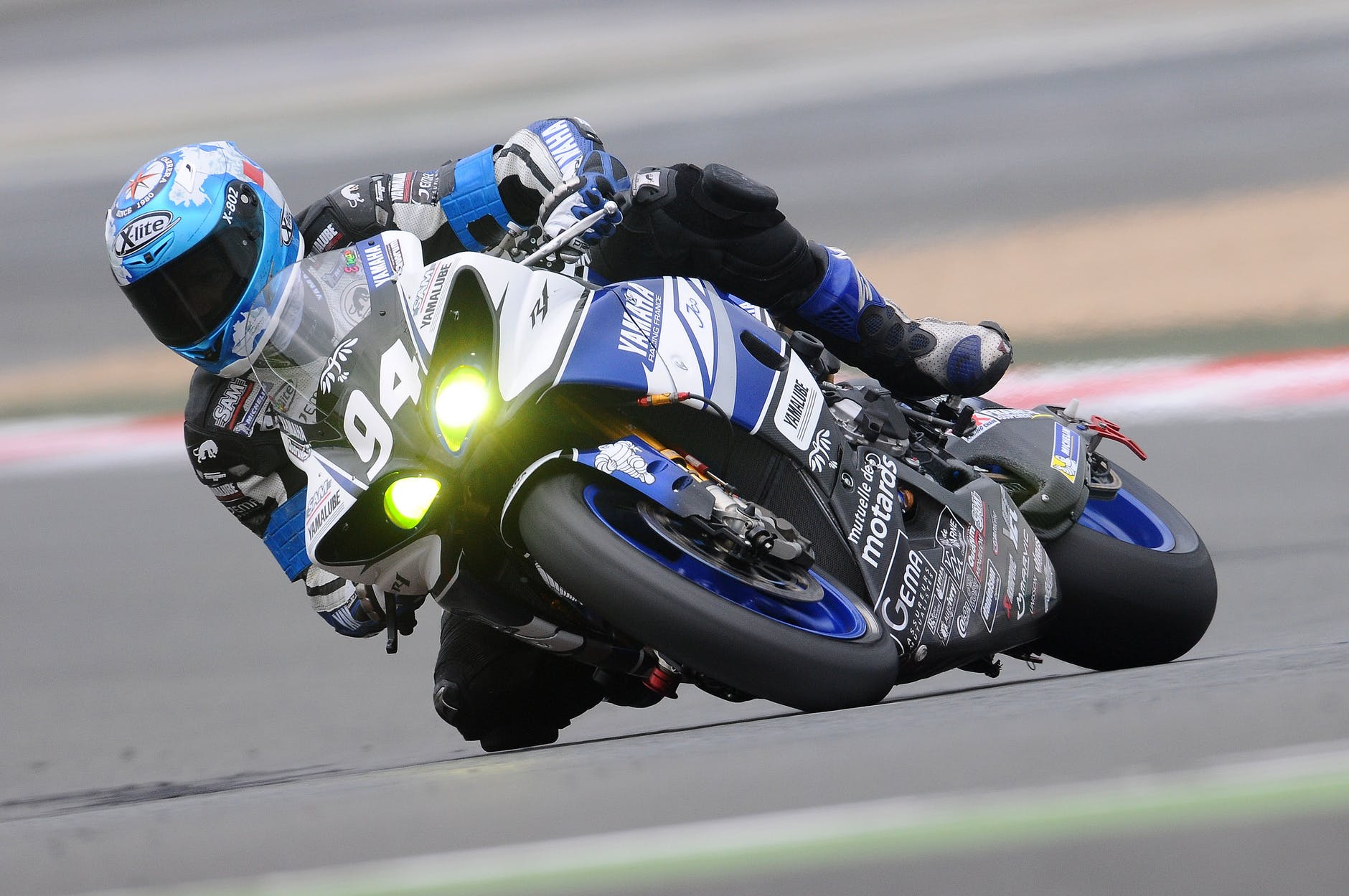Personal Performance Testing of Mobile Hotspots

As my fetish for all things radio frequency consumes more and more of my life, I find myself fantasizing about dropping hardwired internet connections and going mobile-only. There are two providers with "city towers" near my apartment, T-Mobile and Verizon Wireless. As I've traveled around the world, I rely on my hotspots and phones as hotspots for internet connectivity. I use various cell tower mapping apps and bandwidth testing apps. I can tell you from testing and from experience, Europe and SouthEast Asias vastly exceed bandwidth available in The States. There are a lot of variables here to control, time of day, day of week, users per tower, etc. However, this isn't a real statistically valid test, other than I ran all of the tests 5 times and took the average result.
First, I needed a consistent place to target for testing. Rather than trusting a third party benchmark server, I setup my own, iperf.lewman.is is now public. It's a tuned linux server running only an iperf3 daemon for more accurate tests. It only allows one test at a time to not overload the connection, the tcp/udp stack, or anything else in the system. It's on a gigabit connection to the Internet as well.
Methodology
I opted for 150 second tests, as it balances overloading the tower versus giving a test enough time to find consistency. The test is recording how much data can be pushed and pulled from my server. These are the average after 5 runs with the hotspot/phone in the exact same location every time. The command used in all tests is:
iperf3 -c iperf.lewman.is -t 150
Results
Netgear MR1100 on T-Mobile
Interval, Transfer, Bitrate
0.00-150.00 sec, 464 MBytes, 25.9 Mbits/sec sender
0.00-150.19 sec, 463 MBytes, 25.9 Mbits/sec receiver
OnePlus 6T on T-Mobile
Interval, Transfer, Bitrate
0.00-150.00 sec, 468 MBytes, 26.2 Mbits/sec sender
0.00-150.21 sec, 468 MBytes, 26.1 Mbits/sec receiver
Mifi 8800L on Verizon Wireless
Interval, Transfer, Bitrate
0.00-150.00 sec, 693 MBytes, 38.8 Mbits/sec sender
0.00-150.04 sec, 693 MBytes, 38.7 Mbits/sec receiver
Conclusion
The Mifi 8800L on Verizon Wireless wins without issue. Interestingly, the OnePlus 6T barely outperforms the MR1100 dedicated hotspot. This sort of makes sense because the 6T has a newer Qualcomm SnapDragon chip than the MR1100.
It turns out, the Verizon Wireless tower is half a block away, whereas the T-Mobile tower is 2 blocks away. Although, in both cases, I'm getting around -88 dB RSSI (signal strength). T-Mobile defaulted to Band 66. Verizon Wireless defaulted to Band 13.
I can think of plenty of ways to make this test more statistically valid, but practically, Verizon Wireless delivered 12 Mbits/sec more on average than anything T-Mobile.